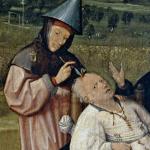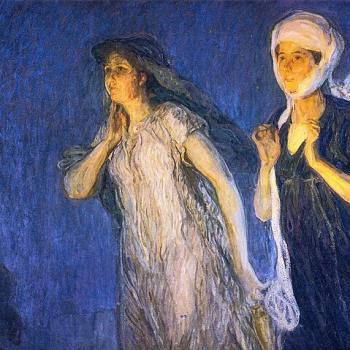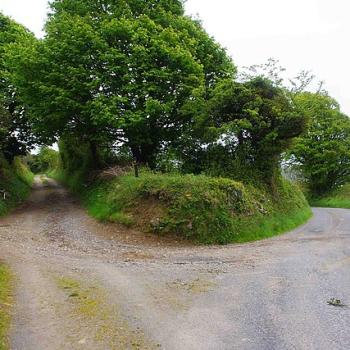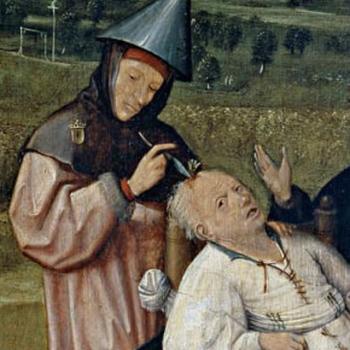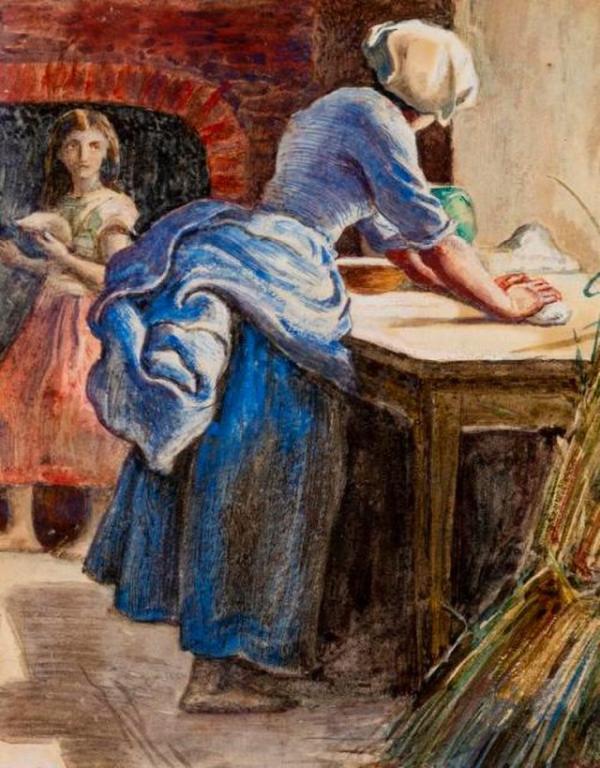
John Everett Millais
c 1860
Very recently I attended a small gathering of UU clergy. It’s something I believe clergy do in most faith traditions. It provides mutual support among people who have similar experiences and challenges. Even moving well into retirement I find it a powerful thing to do.
At this meeting one of the senior colleagues addressed the specifics of the difficulties being encountered in the details of church life today.
Not so much the spiritual aspect, but rather the mundane aspects of running a small institution. Nonprofit, for sure. At least in our collective and denominational experience. But there are bills to pay. Lights to keep on. Often a building to not let fall down. That stuff.
What our senior colleague observed was how as things have been evolving, how church going is becoming non-normative, we are also facing a different sort of person coming to church. The conversations around this sort of thing always turn on how younger people are not attending. But not this time. Our colleague suggested another important demographic is also not coming. Or, are coming in reduced numbers. People who mostly have their lives in order, who by worldly standards are doing okay.
This caught me.
First, of course, is it an accurate assessment?
At least sort of. I can think of exceptions. But there is a truth.
And, then, if it is true, what does that mean?
I’m going provisionally with, yes it is true. There is a rapidly decreasing set of social pressures to attend your religious community of choice. And those that come, are in increasing percentage, there because there’s a problem. A wound. Or, several.
The colleague’s point was that this has dire consequences for running a church. And, I sure see how that would be so. Is so.
But, I came away from that thinking this is not entirely a bad thing. Yes, I’m no longer meeting a staff payroll or figuring out how to replace that ancient roof. And I don’t want to pretend this is anything other than important.
But, there’s a more important.
I look at my friends in the Christian churches (we Unitarian Universalists count Christians among us, but with the exception of a small handful of congregations, it would be hard to call us properly a Christian church. Me, I love Jesus, but most anyone who knows me would say I’m a Zen Buddhist, if mainly of a modernist sort.) the worst thing that ever happened to them was when they found themselves in charge. As state and church blend, to the degree that is so, the church loses its purpose. If, that is, the purpose is to heal the wounded heart. Instead it becomes about social cohesion, or, as I say in my darker moods, crowd control. It’s the propaganda arm of some given culture. And, whatever those merits might be, it’s nothing I’ve ever cared for, nor do I think in large a very good thing.
So, what about marginalized religious communities? I mean communities that are not simply drawing everyone in because everyone is expected to be in a church. Even, with the consequences, that it’s getting harder to find people who can run committees or raise money.
Now, I’ve seen congregations without a healthy mix of healthier and more wounded. They might be happy places for those who want to display their grievances, but they are very off putting to the random visitor. And, I believe, reasonably so.
But if there is a healthy core. People who’ve delved to the depths of what the tradition can offer, and are clear about that offering. Well, then, some very powerful possibilities emerge. And these people appear in all the conditions of life. Some become professionals, some work in the trades, others, well, retail is a way to make a living. But these people are the people who’ve followed their hearts to the deep. With a few elders some very interesting communities can form.
With a clear vision and some experienced elders of the way, then, what else should we be, but congregations of the broken heart?
I recall when the Lutheran pastor Nadia Bolz-Weber founded a start up congregation, the House for All Sinners & Saints. Her tats caused a bit of a stir at the time. But, the more important thing was that house for all sinners & saints. We need the “saints.” Which I’m taking to mean elders on the way. People mature in the practices and what the practices lead to. But even counting them, the first group, the called in, the called to, are the sinners.
You know. Your people. My people. Our people. You. Me. The people who have a sense there’s something wrong. And that wrong isn’t all taking place around us. There’s some wound in our hearts. And a hint of a sense that there must be some kind of healing.
Now, I’m a Universalist. Not so much in the sense that everyone gets saved in the end. Although I guess I do believe that. But more to the contemporary use that we can find the healing message many places. In practical terms it means if your heart calls you to Jesus, well, there is an authentic way to depth and healing in his path. Similarly, if Miriam and Moses whisper the deep to you, well, there are communities and practitioners for you. Same truth about Islam, Hinduism, Buddhism, Taoism, among the indigenous traditions. Lots of true ways. Each names the wound a bit differently, and they offer different clusters of practice. But within them all, oh here’s the universalism, there are those who’ve grown deep, who have seen, have touched – well, I let you fill in the words for yourself. For me it is well articulated in the traditions usually called non-dual. They all are about some kind of intimacy.
The true healing, as best I’ve ever seen, is really about discovering intimacy. Intimacy within ourselves. Intimacy with others. Intimacy with the whole glorious awful mess.
And, well, here’s where those churches and synagogues and temples and centers still have, and maybe always will have a place.
A place to tend the wounds. There always needs to be an infirmary aspect. Not a whole hospital. These gatherings are mostly about living deep into the intimate.
If it comes to mean they are too small to support buildings, well, it also means they are less bound up with the issues of the larger culture. And they can let go of the burdens of cultural definition, and focus instead on the deeper matters of the heart.
I don’t think priests and ministers should always be bi-vocational. There’s something about a larger and more stable instution, and that’s going to call for the professional spiritual leader. But maybe that’s a small sub-speciality. It’s really that two or three thing. It’s meeting of hearts. It’s the gathering of sinners. And, okay, saints…
But larger or smaller, I think if we have communities of sinners and saints then that’s the project. Spiritual communities when religions collapse.
What’s left? Well. Perhaps.
Beacons of light.
Proclaiming the intimate.
Leaven in the dough.
Showing the intimate.
Didn’t some wise heart say something like that a very long time ago?



